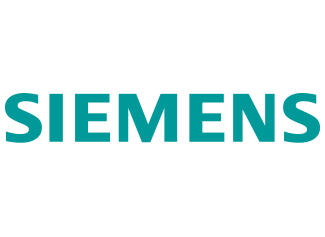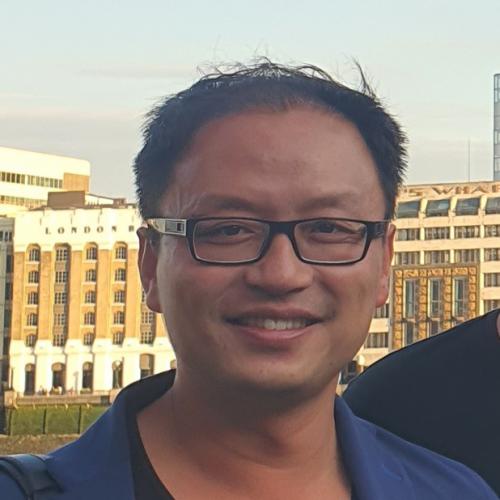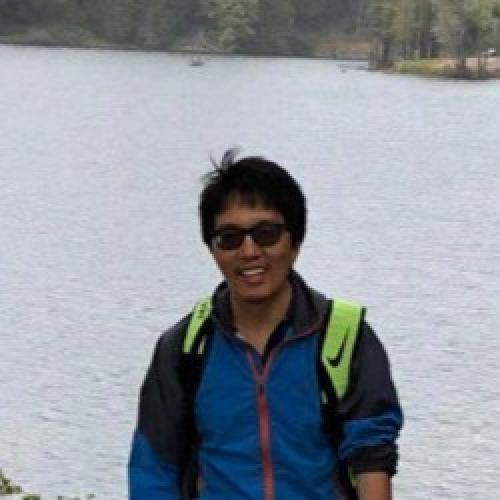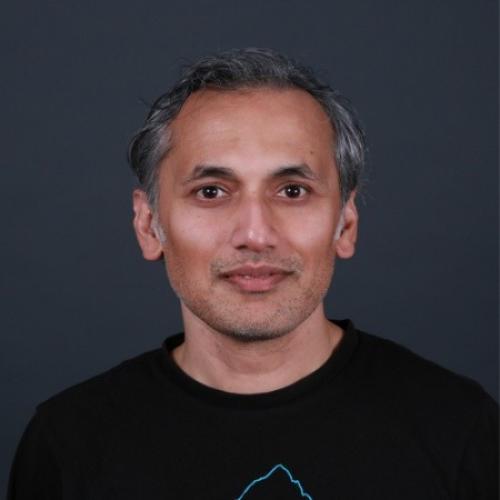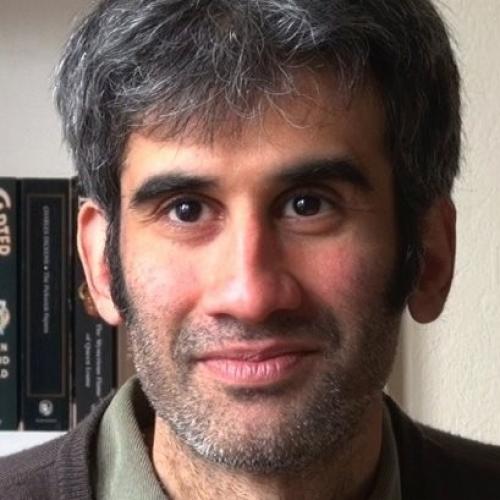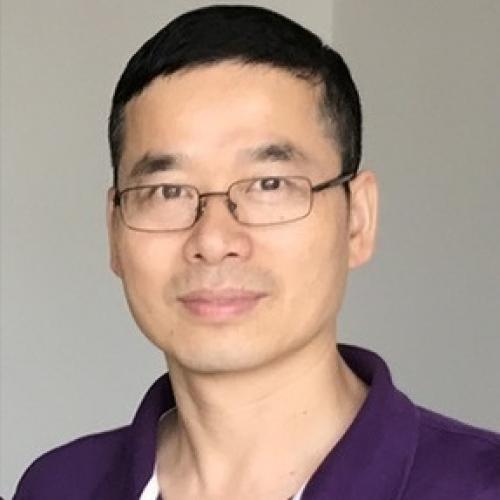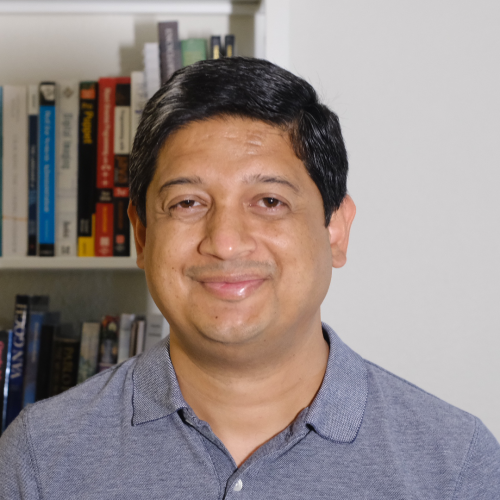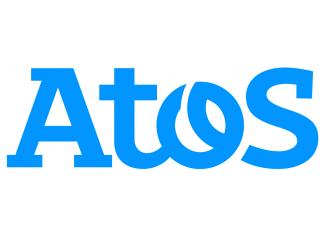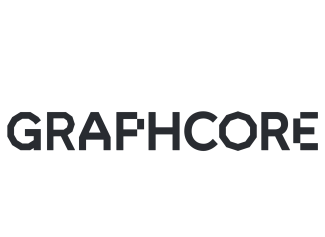Many system companies are discovering that optimizing AI/ML SoC devices is a very powerful way to achieve differentiation for specific end-applications. In 2021 the semiconductor industry experienced more rounds of venture capital funding and dollars invested than ever before. What’s more, the investments in new AI companies alonewere higher than all prior yearly totals for all design types combined. Most of these new semiconductor companies targeted specific use cases of AI/ML to achieve aggressive performance, power/heat and other system objectives. Now, system companies are designing their own custom AI/ML SoCs—whether it is hyperscalers, automotive OEMs, edge or telecommunication companies–to address their own unique system-level needs.
Joe Sawicki, executive vice president, IC Siemens EDA, will explain how SoC design solutions are enabling both semiconductor and system companies to efficiently arrive at the global optimization point between power, performance, cost, yield and other factors in their AI/ML hardware designs. All focused on achieving a holistic, optimized system-level differentiation.

Joseph Sawicki
Joseph Sawicki is a leading expert in IC nanometer design and manufacturing challenges. Formerly responsible for Mentor's industry-leading design-to-silicon products, including the Calibre physical verification and DFM platform and Mentor's Tessent design-for-test product line, Sawicki now oversees all business units in the Siemens EDA IC segment.
Sawicki joined Mentor Graphics in 1990 and has held previous positions in applications engineering, sales, marketing, and management. He holds a BSEE from the University of Rochester, an MBA from Northeastern University's High Technology Program, and has completed the Harvard Business School Advanced Management Program.
Siemens
Website: www.siemens.com
Siemens Digital Industries Factory Automation is an innovation and technology leader in industrial automation and digitalization. In close cooperation with our partners and customers, we are the driving force for the digital transformation in the discrete and process industries and integrate cutting-edge technologies such as artificial intelligence, edge computing, industrial 5G, autonomous handling systems, blockchain and additive manufacturing into our Digital Enterprise portfolio. Taking advantage of our experts on cutting-edge technologies as well as our deep knowledge and understanding of the challenges within the industry, we provide our customers with solutions which bring tangible value.
